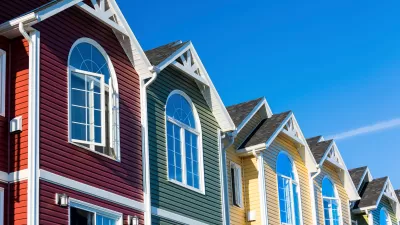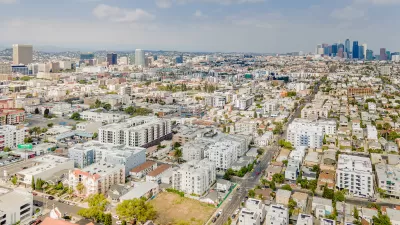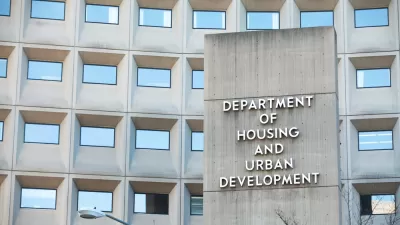Los Angeles has imposed an additional tax on luxury home sales to generate millions for housing efforts in the city. Shelterforce checks in on where the money has gone, and what’s to come.

Los Angeles's Measure ULA, a real estate transfer tax on properties over $5.15 million passed in 2022, has funded 800 affordable housing units and provided rental assistance to over 4,000 households. While revenue fell short of initial projections due to market conditions and legal challenges, the tax generated $40 million in November 2024 alone - its highest monthly total to date.
The city is now expanding the program's scope to include social housing initiatives like community land trusts, guaranteed income support for seniors, and a right-to-counsel program for tenants facing eviction. These expansions come as legal challenges to the measure appear to be resolving and market conditions improve.
"The big millionaire and billionaire interests continue to complain about ULA, but meanwhile, it's doing exactly what it's intended to do," says Joe Donlin of United to House LA. The program is expected to create 10,000 construction jobs while addressing housing affordability through multiple interventions.
With recent zoning reforms encouraging development and monthly revenues reaching new highs, officials expect the program's impact to grow in 2025. The first residents will move into ULA-funded units this year.
FULL STORY: What has Measure ULA Done so Far?

Manufactured Crisis: Losing the Nation’s Largest Source of Unsubsidized Affordable Housing
Manufactured housing communities have long been an affordable housing option for millions of people living in the U.S., but that affordability is disappearing rapidly. How did we get here?

Americans May Be Stuck — But Why?
Americans are moving a lot less than they once did, and that is a problem. While Yoni Applebaum, in his highly-publicized article Stuck, gets the reasons badly wrong, it's still important to ask: why are we moving so much less than before?

Using Old Oil and Gas Wells for Green Energy Storage
Penn State researchers have found that repurposing abandoned oil and gas wells for geothermal-assisted compressed-air energy storage can boost efficiency, reduce environmental risks, and support clean energy and job transitions.

Updating LA’s Tree Rules Could Bring More Shade to Underserved Neighborhoods
A new USC study finds that relaxing Los Angeles’ outdated tree planting guidelines could significantly expand urban tree canopy and reduce shade disparities in lower-income neighborhoods, though infrastructure investments are also needed.

California's Canal Solar Projects Aim to Conserve Resources and Expand Clean Energy
California’s Project Nexus has begun generating electricity from solar panels installed over irrigation canals, with researchers and state agencies exploring statewide expansion to conserve water and boost clean energy production.

HHS Staff Cuts Gut Energy Assistance Program
The full staff of a federal program that distributes heating and cooling assistance for low-income families was laid off, jeopardizing the program’s operations.
Urban Design for Planners 1: Software Tools
This six-course series explores essential urban design concepts using open source software and equips planners with the tools they need to participate fully in the urban design process.
Planning for Universal Design
Learn the tools for implementing Universal Design in planning regulations.
Heyer Gruel & Associates PA
City of Moreno Valley
Institute for Housing and Urban Development Studies (IHS)
City of Grandview
Harvard GSD Executive Education
Salt Lake City
NYU Wagner Graduate School of Public Service
City of Cambridge, Maryland





























